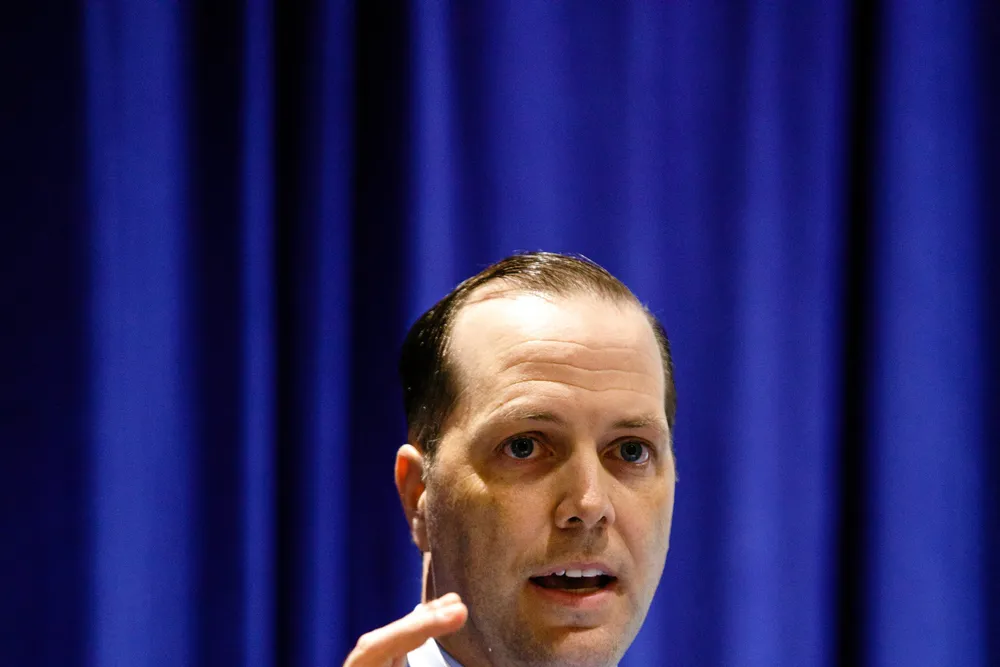'Beacon of opportunity': Talos chief urges independent US Gulf producers to embrace carbon capture
'This is a place where we can play right now,' Timothy Duncan said of CCS projects in the US Gulf

'This is a place where we can play right now,' Timothy Duncan said of CCS projects in the US Gulf
